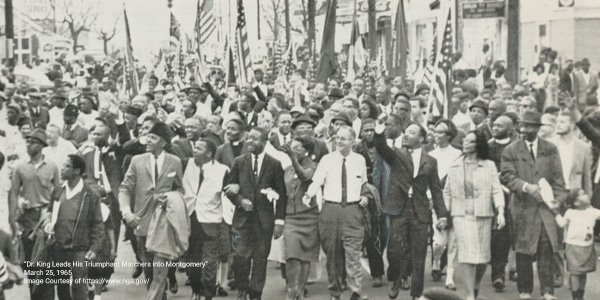Inclusive Lending
The Challenges Facing Transgender Homebuyers—And How to Overcome Them
June 20, 2025
For many transgender individuals, buying a home means more than just building wealth—it’s about building a life on their own terms. A home can be a refuge: a space where you are affirmed, respected, and fully seen.
But for trans homebuyers, the path to ownership may be fraught. From mismatched identification documents to fears of being misgendered, outed, or faced with physical violence, the experience can be filled with unexpected obstacles.
Below are steps trans buyers can take for a less stressful homebuying experience.
Why transgender individuals have lower homeownership rates
Homeownership rates among transgender adults much lower than for other groups.
Only about a quarter of trans adults own their homes, according to a 2020 study by the UCLA School of Law Williams Institute. That’s compared to 70.1% for those who aren’t part of the lesbian, gay, bisexual, transgender, and queer community.
There are many reasons for the lower homeownership rate: income disparities, discrimination, and the psychological toll of navigating a system that wasn’t built with them in mind.
With home prices and mortgage interest rates high, many trans people may not be able to afford to purchase a home.
Studies show that trans people are more likely to be underemployed, earn less than their peers, and lack access to stable or long-term employment. Discrimination in the workplace— from hiring bias to limited promotion opportunities—contributes to ongoing job insecurity.
Transgender men and non-binary individuals earn 70 cents on the dollar that the typical worker earns, according to a Human Rights Campaign report using 2021 data. Transgender women make even less at 60 cents.
For prospective buyers, this can affect everything from qualifying for a mortgage to saving for a down payment.
Nearly two-thirds of trans people said they had experienced serious acts of discrimination, such as eviction, denial of housing, or job loss, according to the National Transgender Discrimination Survey. Almost a quarter reported a “catastrophic level of discrimination,” with impacts so severe they threatened their ability to survive financially or emotionally.
Challenges transgender homebuyers face when getting a mortgage

Beyond financial obstacles, transgender buyers must also contend with deeply personal issues. Misgendering, deadnaming (calling someone their birth name when their transition included choosing a new name), and being forced to disclose their gender identity at multiple stages of the homebuying process can be traumatic.
For transgender buyers, inconsistencies in names and gender markers across employment records, credit reports, and identification can lead to delays or unwarranted scrutiny. Some may even avoid the process altogether, for fear of being outed to employers during income verification or facing insensitive questions from real estate professionals.
The industry is slowly beginning to recognize these unique needs, said Jennifer Madrid, a sales coach with New American Funding.
“Misgendering is an issue,” said Madrid. “The deadname is an issue.”
She recalled a client who submitted identification that didn’t match the gender and name they had provided earlier in the process.
“I needed to look up the rules,” she said. “I’ve had some really interesting conversations and I’ve had to learn in the process.”
Steps transgender homebuyers can take to protect themselves

Despite the obstacles, there are things transgender individuals can do to protect themselves.
They can seek out lenders and real estate agents with LGBTQ+ experience or referrals from trusted community organizations.
“Finding a real estate team you’ll feel comfortable with is about looking broader,” said Darbi McGlone, a Realtor with Property First Realty Group in Baton Rouge, La. “Find an agent who does a lot for their local community and commits to making their home city a better place for all. That, in itself, will show they care and are open-minded.”
If you're not sure where to start when choosing a neighborhood, McGlone recommended finding someone who knows the community well.
Buyers can also check out the signs and flags flown on local properties. This can help buyers get an idea of how welcoming the neighborhood might be.
It also helps to get organized early. Make a checklist of all documents that may carry outdated information. These include driver’s licenses, tax returns, pay stubs, W-2s, and credit reports. This way you can gather any legal name change paperwork in advance.
And know your rights. While federal protections under the Fair Housing Act now include gender identity under the category of sex discrimination, enforcement can vary. Transgender individuals should document any discriminatory behavior and seek support from fair housing organizations if needed.
“The goal should always be to make someone feel safe and seen,” said Madrid of the homebuying process. “That’s the kind of home we all want.”
Jennifer Madrid NMLS # 2101387






 Smart Moves Start Here.
Smart Moves Start Here.